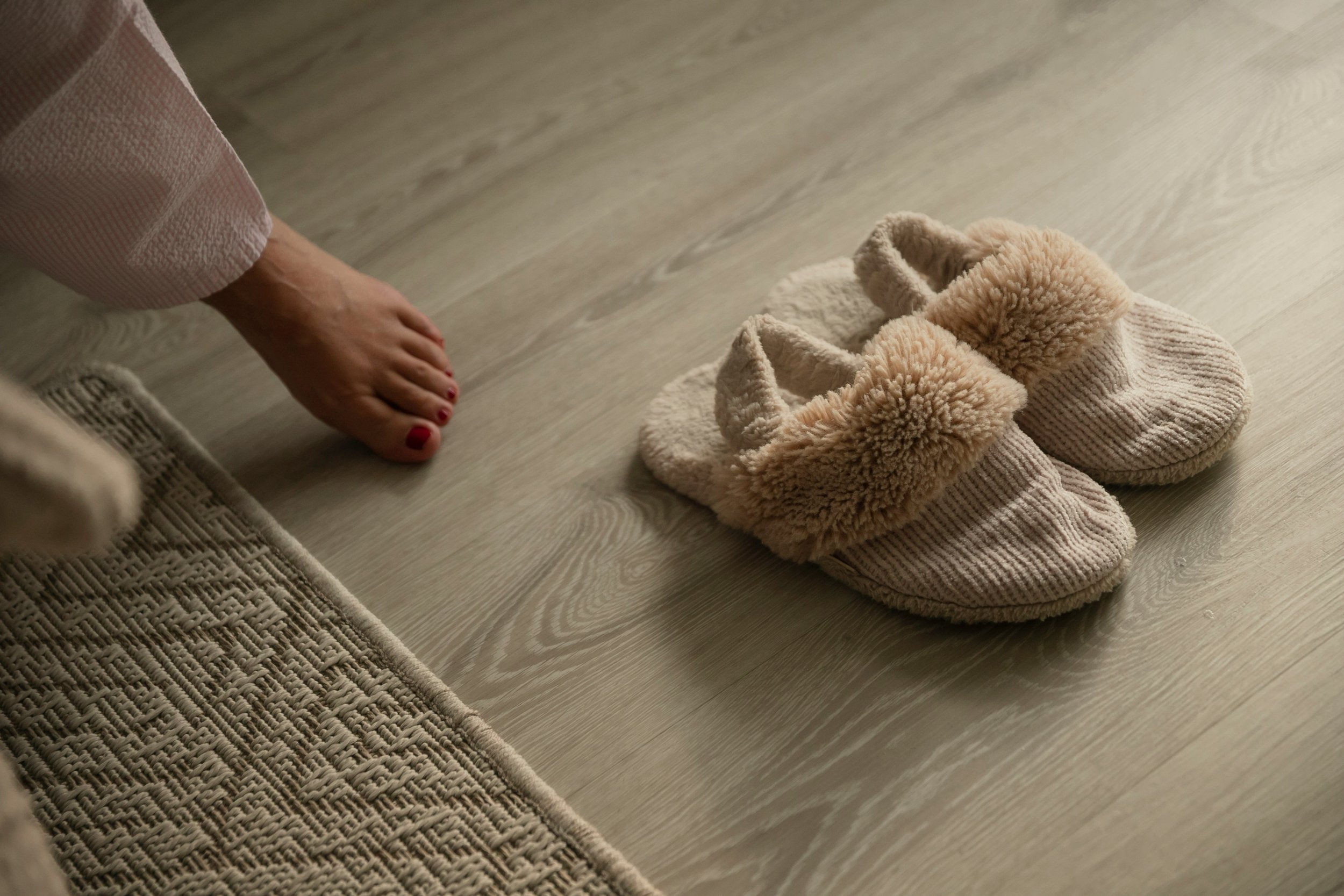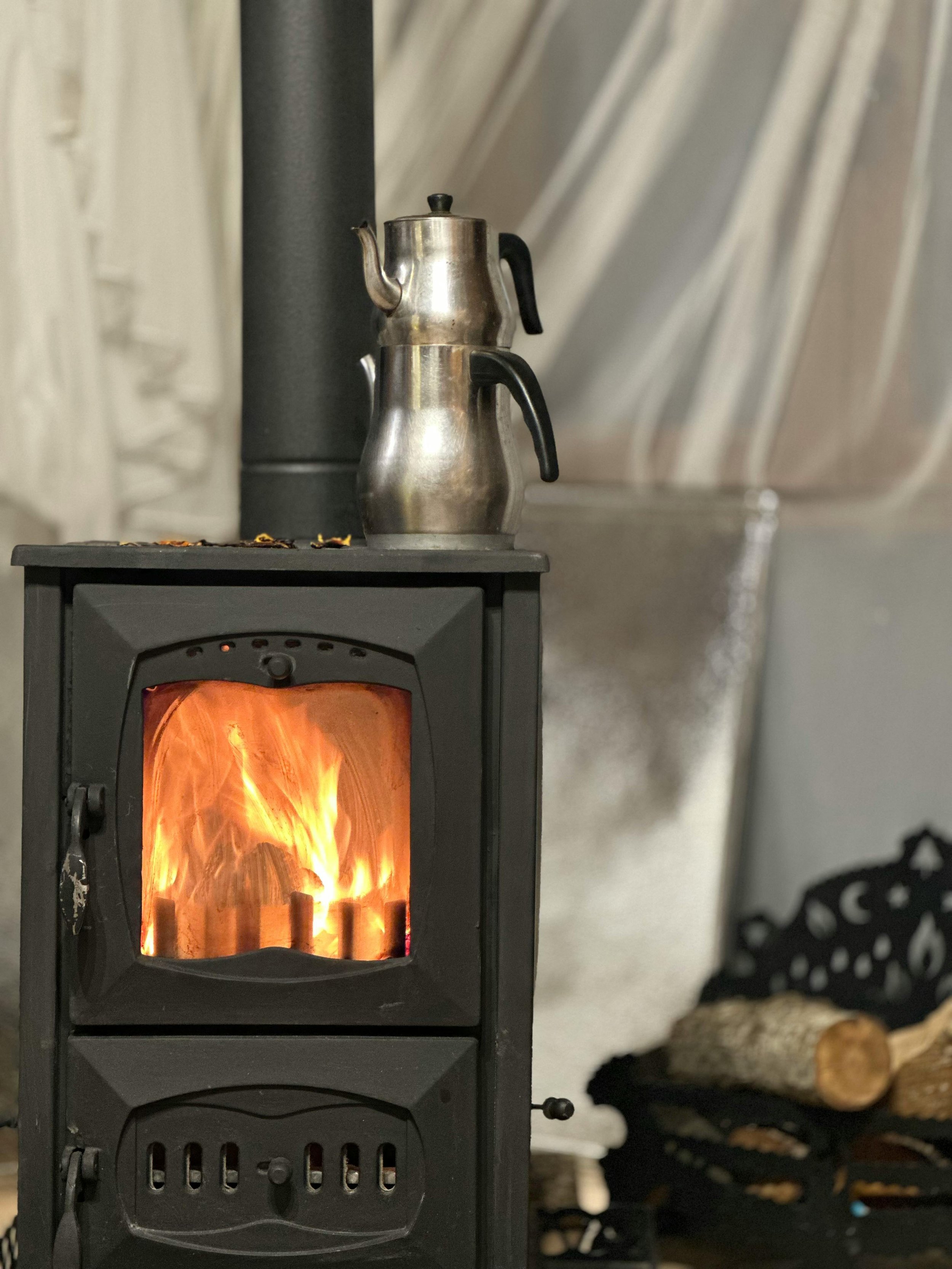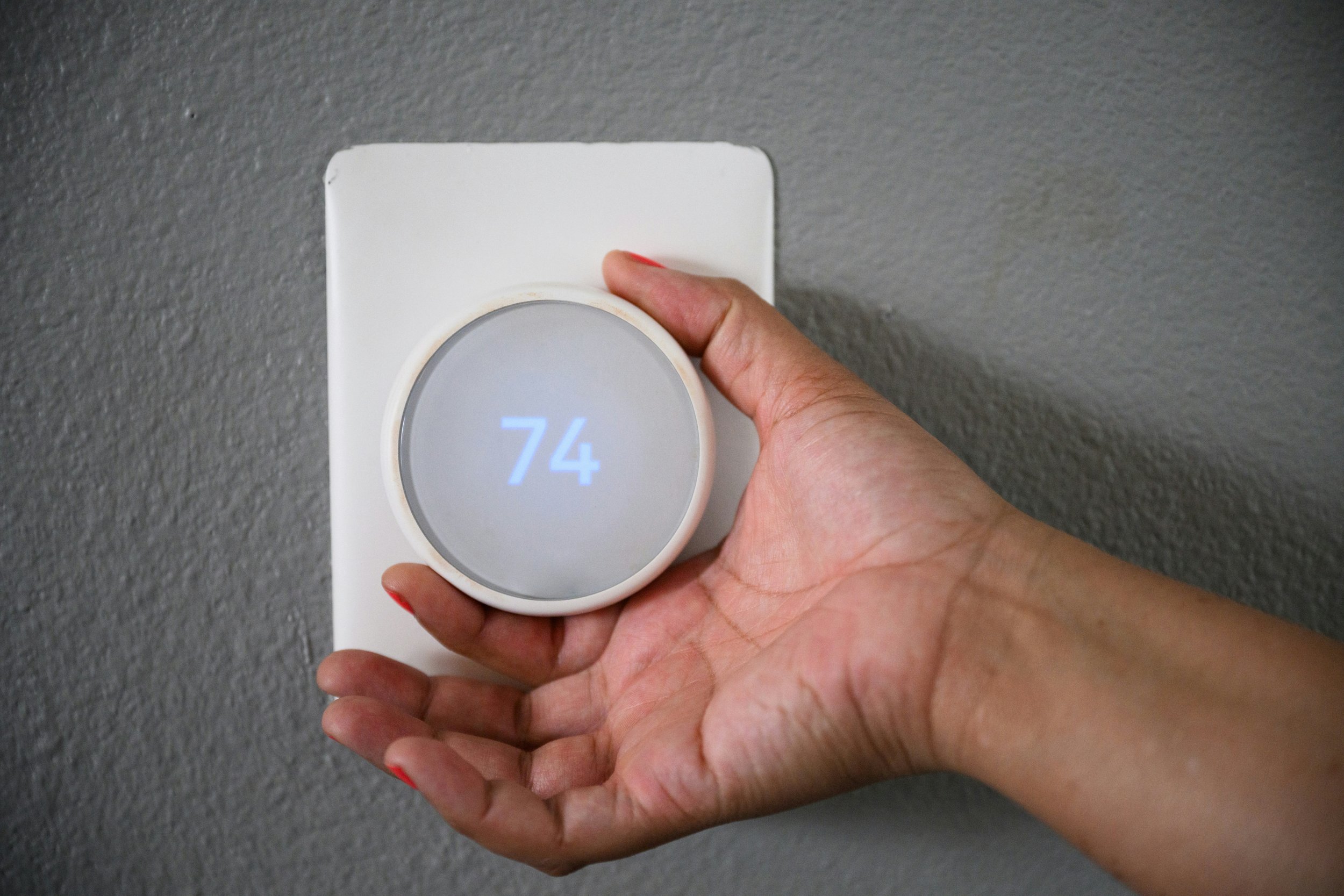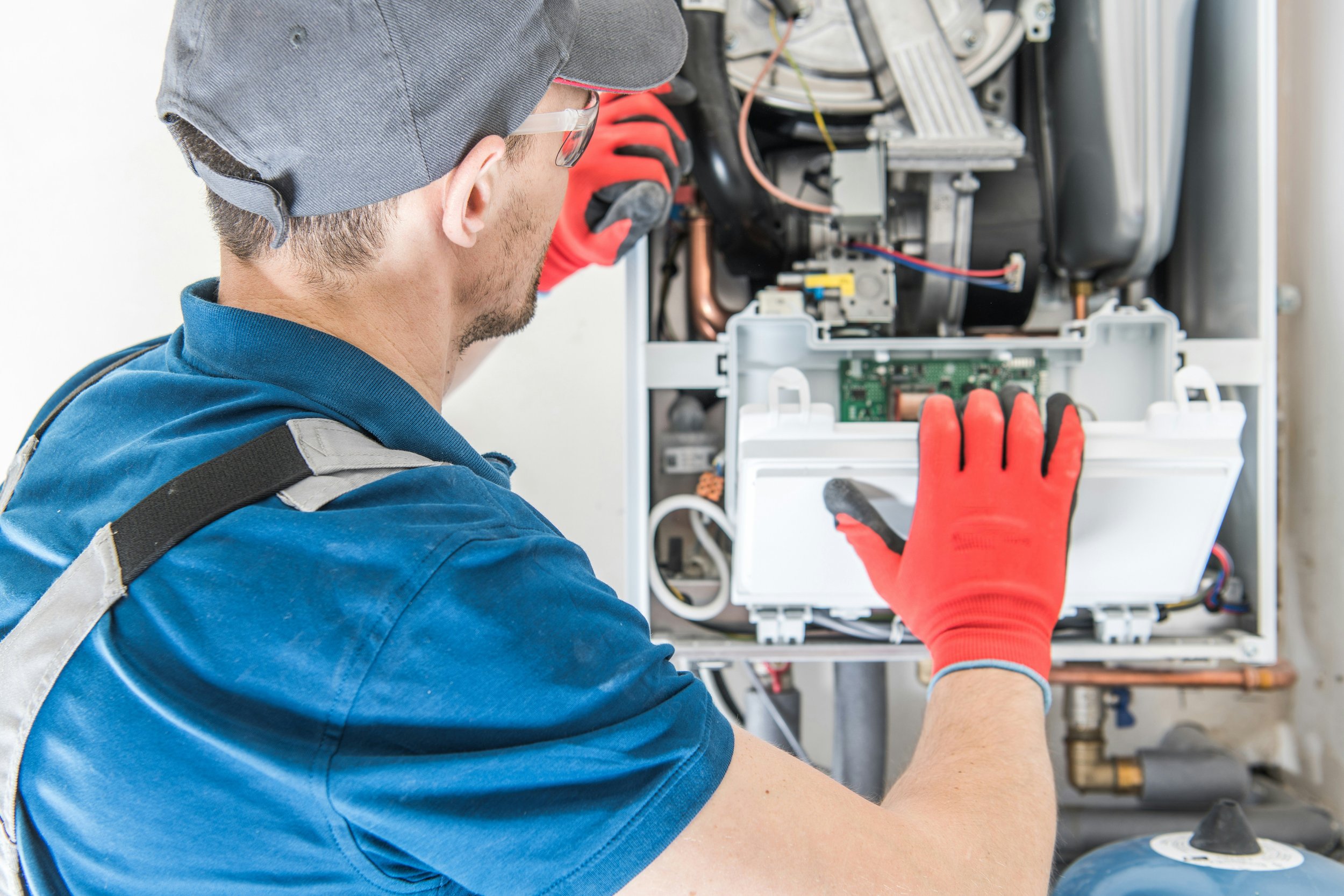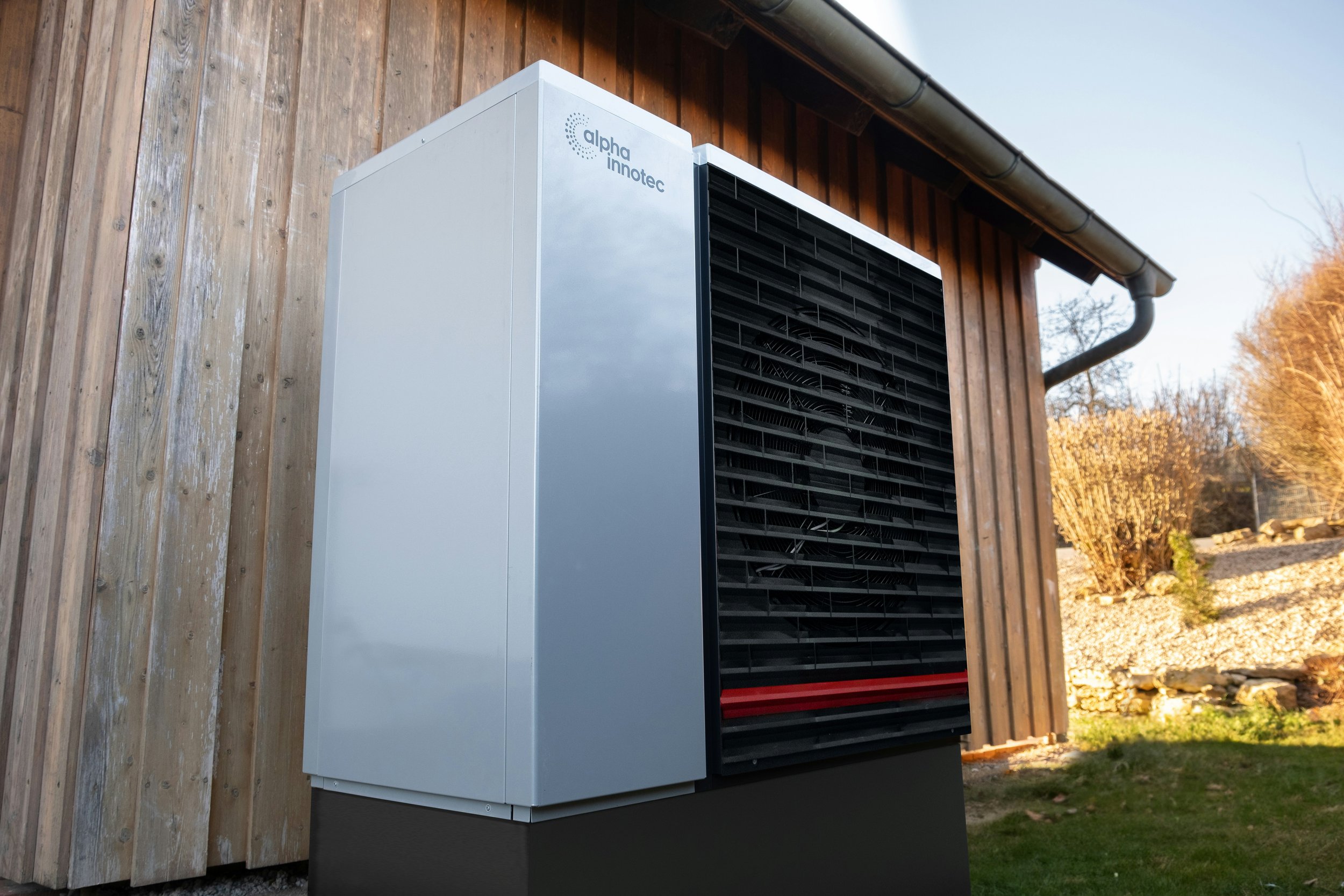Top 5 Important Tips for Home Heating System Maintenance
Discover essential tips for maintaining your home heating system to ensure it runs efficiently, safely, and cost-effectively throughout the colder months.
Photo by Lucadp from Deposit Photos
As the seasons shift and temperatures drop, your home becomes a sanctuary of warmth and comfort. But behind that cozy atmosphere lies a complex heating system that quietly works to keep the chill at bay. Neglecting its care can lead to unexpected breakdowns, costly repairs, and even safety hazards. A little attention now can save you from a cold, inconvenient, and expensive surprise later on.
Schedule Regular Professional Inspections
A technician can spot issues like worn parts, leaks, or blockages that you might miss, helping you avoid expensive repairs down the road and ensuring you stay warm during the colder months. Regular check-ups ensure your system runs efficiently, saving you money on energy bills.
For those with oil heating systems, these inspections are even more crucial. Over time, oil tanks can corrode or develop leaks, which can pose serious environmental risks. A professional can assess the condition of your tank and advise you if it’s time to consider oil tank removal, keeping your home safe and your system running smoothly.
Don’t wait for a problem to arise. By making professional inspections a part of your routine, you’re taking a simple but effective step toward ensuring your heating system’s longevity and reliability through the cold months.
Test and Replace Carbon Monoxide Detectors
Carbon monoxide detectors are essential safety devices, especially if your home uses gas or oil heating. These detectors alert you to the presence of this invisible, odorless gas, which can be deadly if undetected. Regularly testing your detectors ensures they’re functioning correctly and ready to protect you and your family.
It’s not just about testing. Replacement is equally important. Most carbon monoxide detectors have a lifespan of 5 to 7 years. After that, they may not provide accurate readings. Note the installation date and plan for timely replacement to avoid any gaps in protection.
Battery maintenance is another critical aspect. Even if your detector is hardwired, many models still have backup batteries that need regular checking and replacement. Keeping your detectors in top condition is a small but vital task that can make a significant difference in your home’s safety.
Change Air Filters Regularly
Changing your heating system’s air filters regularly is one of the simplest yet most impactful maintenance tasks you can do. Over time, filters become clogged with dust, dirt, and allergens, reducing airflow and making your system work harder to heat your home. This drives up energy costs and shortens the lifespan of your heating unit.
Most experts recommend replacing air filters every 1 to 3 months, depending on the type of filter and the conditions in your home. If you have pets or live in an area with high levels of dust or pollen, more frequent changes may be necessary. Clean filters ensure your system operates efficiently, providing consistent warmth while improving indoor air quality.
Don’t overlook this easy maintenance step. A quick filter change can lead to better performance, lower energy bills, and a healthier living environment for you and your family.
Keep the Area Around Your Heating System Clear
Maintaining a clutter-free zone around your heating system is more important than you might think. When objects are stored too close to your furnace or boiler, they can obstruct airflow, causing the system to overheat or operate inefficiently. It strains the unit and can lead to higher energy costs and unnecessary wear and tear.
Moreover, keeping the area clear reduces fire hazards. Flammable items like cardboard boxes, cleaning supplies, or fabrics can pose significant risks if they’re near a heat source. A simple reorganization of your storage space can go a long way in preventing potential accidents.
By ensuring that the space around your heating system is unobstructed, you’re allowing it to function as intended. This small habit can help extend the life of your system and maintain a safer environment in your home, especially during the colder months.
Bleed Radiators and Vents
Over time, air can become trapped in your heating system, leading to cold spots in your radiators and uneven heating throughout your home. This trapped air prevents hot water from circulating efficiently, forcing your boiler or furnace to work harder than necessary.
To bleed your radiators, simply turn off the heating system, use a radiator key to open the valve slightly, and let the trapped air escape until water begins to flow steadily. This process releases the air pockets, allowing hot water to fill the entire radiator, ensuring it heats up evenly. For homes with steam heating systems, checking and bleeding the vents is equally important to ensure efficient operation.
Regularly bleeding your radiators and vents can improve the overall efficiency of your heating system, leading to a warmer home and lower energy bills. It's a small task that makes a big difference.
Wrapping Up
Regular maintenance of your home heating system is crucial for efficiency, safety, and cost savings. By following these simple tips—scheduling inspections, testing detectors, changing filters, keeping areas clear, and bleeding radiators—you’ll ensure your system runs smoothly throughout the colder months. Take these proactive steps now to avoid costly repairs and enjoy a warm, worry-free winter.


